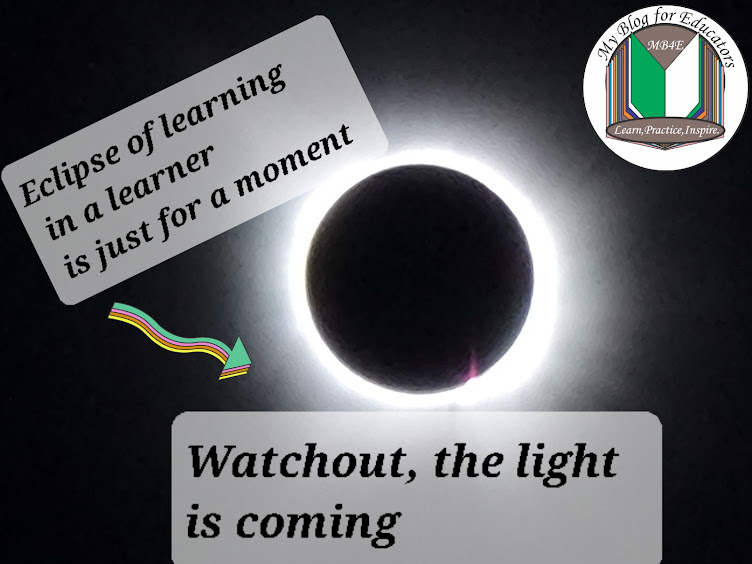Group learning is important but individual learning is equally valuable. The skill prepares a learner in a way he or she can reach out to others in an authentic way. Individual learning is simply the conscious effort of a learner to study or carry out academic tasks by himself or herself.
This practice allows a learner to work separately on individual tasks, rather than as a group. It is an autonomous kind of learning; personalised and engaging. That means that for a learner to engage in individual learning, that learner must be determined to work hard intentionally with consistency. As I said, it is a conscious effort. When an effort is conscious, people deliberately do things and deliver because there is a positive force behind it.
In individual learning, learners think deeper by themselves to construct meaning, and find answers. By this, they are filled and their cups run over. They gain more information and acquire knowledge. When learners know that they can learn individually, it gives them a high level of confidence and morale to operate authentically in a collaborative setting.
Allowing learners to learn at their own pace is essential to their learning. The teacher should be mindful of the entry point and the learning needs of learners if the approach is in the classroom. They should also encourage them to take individual learning seriously outside the four walls of the classrooms by giving them self-paced assignments, and projects.
Wondering about the benefits of individual learning, here are some tips
It promotes learners' confidence and trust in themselves
Learners work individually at their levels and pace to achieve a common goal
Deepen the understanding of learners
Individual learning promotes readiness for connectedness
It increases the passion to learn and try new positive things.
Are there challenges of Individual learning? Absolutely!Individual learning can be challenging at times
Lack of motivation -Failures or life issues can hinder individual learning. If learners do not have a strong desire or interest to learn on their own, they may not put in the effort needed to engage in individual learning. It can also be difficult to stay motivated and disciplined when learning on your own. Without the structure and external accountability of a group or a teacher, it may be tempting to procrastinate or lose focus.
Lack or Limited resources: Individual learners may face challenges in accessing necessary resources, such as textbooks, materials, or technology. Lack or limited access to resources can hinder the learning process and make it more difficult to acquire new knowledge or skills. If learners do not have access to the necessary materials, tools, or technology, it can be difficult for them to engage in effective individual learning.
Lack of support or guidance: Learners may encounter moments where they feel overwhelmed by the amount of information, workload or stuck on a particular concept or problem. Without the immediate support or guidance of others, it can be challenging to overcome these obstacles. Learners can benefit from the guidance and feedback of teachers and mentors to help them navigate their individual learning journey.
Self-doubt or lack of confidence: Learning on your own can sometimes lead to self-doubt or feelings of inadequacy. Without the input or validation of others sometimes, it can be challenging to gauge your progress , which may affect your confidence in your abilities.
Individual learning can be a solitary endeavour, and some learners may miss the benefits of collaboration and social interaction that come with group learning. The absence of peer support or opportunities for discussions and exchange of ideas may make the learning experience feel boring or less engaging.
Poor classroom management is a big issue when a teacher is not vigilant enough to control the classroom. Noise-making and other learner distractions might take over and hinder effective individual learning and apprehension.
Teacher -centered environment may not allow the learners to learn autonomously because the teacher controls everything even the learning.
Poor parental control -Some parents do not have time to monitor the learning pace of their children. As learners take charge of their actions at home, playtime and television might outweigh the learning time.
However, despite these challenges, individual learning also offers unique opportunities for self-discovery, personal growth, and independence. Overcoming these obstacles requires perseverance, adaptability, and a proactive approach to seeking support or finding alternative resources when needed
The key is to keep learning, growing, and pushing through any difficulties that may arise.






No comments:
Post a Comment